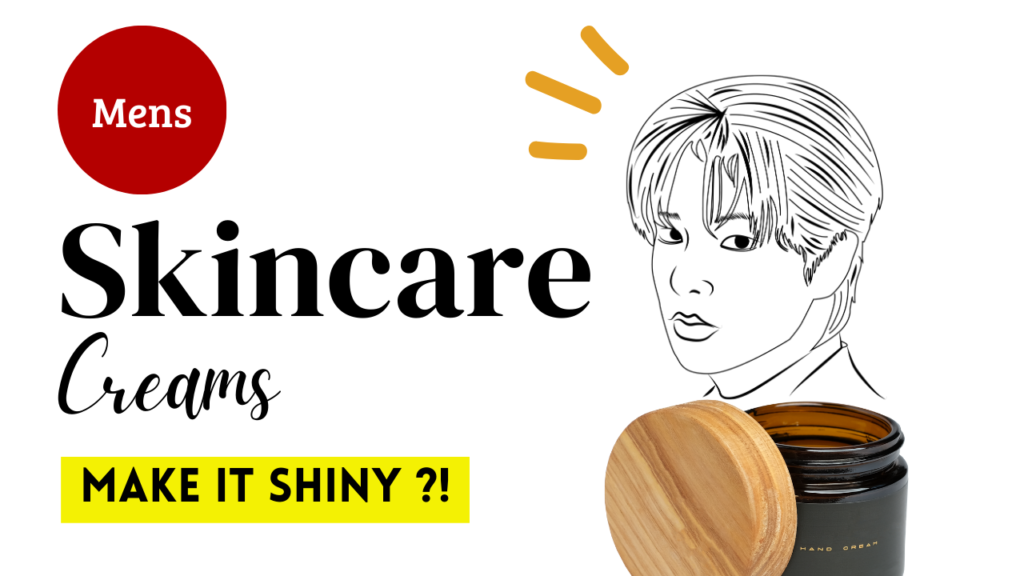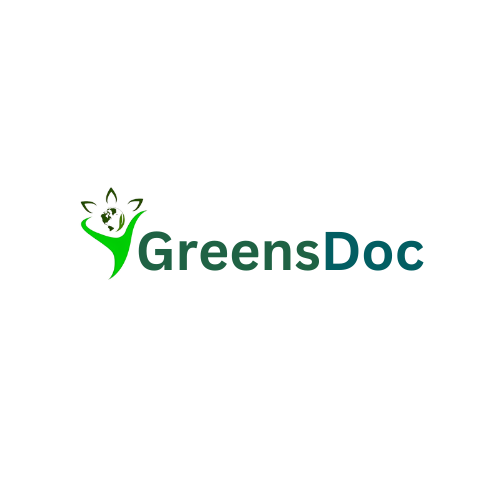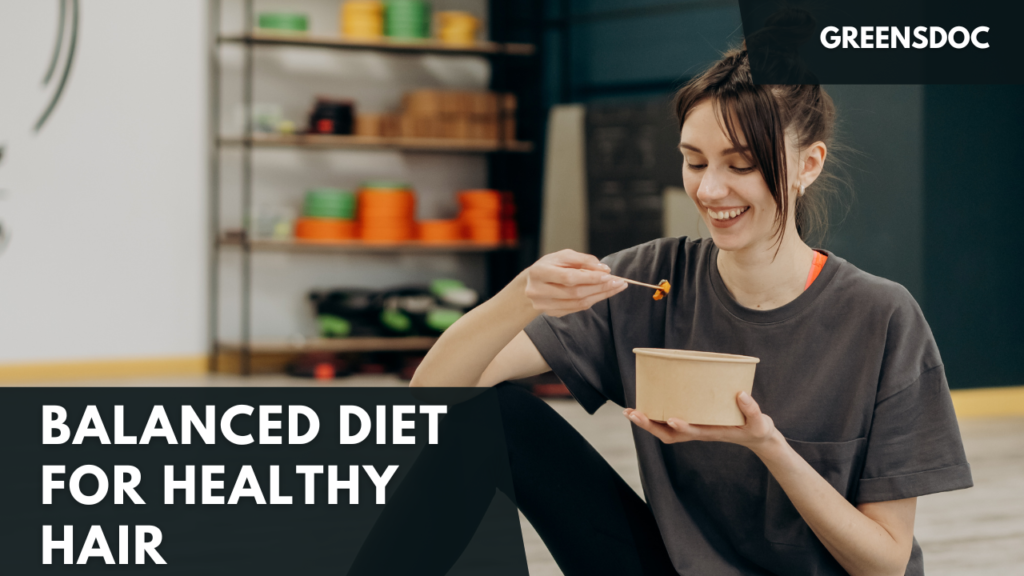In the pursuit of healthy, lustrous hair, we often turn to an array of hair care products and treatments, hoping for miraculous transformations. While these external remedies have their place, one aspect that is often overlooked is the role of nutrition in maintaining optimal hair health. As the saying goes, “You are what you eat,” and this holds particularly true when it comes to the condition of our hair.
A lack of the right nutrients can have a profound impact on the health of our hair. Research suggests that deficiencies in key vitamins and minerals can slow down hair growth and even lead to hair loss. Among the vital nutrients for healthy hair are vitamins A, C, D, and E, zinc, B vitamins, iron, biotin, protein, and essential fatty acids. Let’s delve into why these nutrients are crucial and how they contribute to maintaining a vibrant mane.
Vitamins A, C, D, and E
These vitamins are powerful antioxidants that help combat oxidative stress, which can damage hair follicles and lead to hair loss. Vitamin A promotes the production of sebum, a natural oil that moisturizes the scalp and keeps hair healthy. Vitamin C aids in collagen production, crucial for hair strength and elasticity. Vitamin D plays a role in hair follicle cycling, while vitamin E enhances blood circulation to the scalp, promoting hair growth.
Zinc
Zinc is essential for DNA and RNA production, crucial processes for hair follicle development and repair. A zinc deficiency can lead to hair shedding and slow down hair growth.
B Vitamins
B vitamins, including biotin (B7), niacin (B3), and pantothenic acid (B5), are vital for energy metabolism and cell regeneration. Biotin, in particular, is often touted as the “hair growth vitamin” due to its role in keratin production, the protein that forms the structure of hair.
Iron
Iron is necessary for the production of hemoglobin, which carries oxygen to the hair follicles. Insufficient iron levels can result in hair thinning and hair loss.
Protein
Hair is primarily made up of a protein called keratin. Adequate protein intake ensures the proper growth and strength of hair strands. A protein deficiency can lead to brittle, weak hair prone to breakage.
Essential Fatty Acids
Omega-3 and omega-6 fatty acids are essential for maintaining a healthy scalp and hair follicles. They help nourish the scalp, reduce inflammation, and promote hair growth.
Incorporating these nutrients into your diet can significantly improve the health and appearance of your hair. So, what foods should you include in your diet to ensure you’re getting an ample supply of these essential nutrients?
- Vitamin A: Sweet potatoes, carrots, spinach, kale, and broccoli.
- Vitamin C: Citrus fruits, strawberries, bell peppers, and kiwi.
- Vitamin D: Fatty fish (salmon, mackerel), fortified dairy products, and sunlight exposure.
- Vitamin E: Nuts (almonds, sunflower seeds), avocado, spinach, and broccoli.
- Zinc: Oysters, beef, poultry, nuts, and seeds.
- B Vitamins: Whole grains, eggs, nuts, seeds, and leafy greens.
- Iron: Red meat, poultry, fish, lentils, spinach, and fortified cereals.
- Protein: Lean meats, poultry, fish, eggs, dairy products, legumes, nuts, and seeds.
Essential Fatty Acids
Fatty fish (salmon, sardines), flaxseeds, chia seeds, walnuts, and avocado.
Tips and Tricks
A balanced diet is crucial for overall health, including the health of your hair. What you eat directly impacts the health of your hair follicles and the hair shaft.
Here’s why a balanced diet is important for healthy hair.
Protein: Hair is primarily made of a protein called keratin. Consuming enough protein is essential for hair growth and strength. Good sources of protein include lean meats, fish, eggs, dairy products, beans, and nuts.
Vitamins and Minerals: Various vitamins and minerals are essential for healthy hair growth. These include biotin, vitamin C, vitamin E, zinc, and iron. Biotin is particularly important for hair health and can be found in foods like eggs, nuts, and legumes.
Vitamin C is crucial for collagen production, which is a protein that strengthens hair. It can be found in citrus fruits, berries, and bell peppers. Vitamin E is an antioxidant that protects hair from damage and can be found in nuts, seeds, and leafy greens. Zinc is involved in hair growth and can be found in oysters, red meat, and beans. Iron is essential for red blood cell production, which carries oxygen to the hair follicles. It can be found in red meat, poultry, and leafy greens.
Healthy Fats: Healthy fats, such as omega-3 fatty acids, are important for hair health. They help keep hair moisturized and prevent dryness. Good sources of omega-3 fatty acids include fatty fish (such as salmon, tuna, and mackerel), nuts, and seeds.
Hydration: Drinking enough water is crucial for overall health, including hair health. Water helps keep hair hydrated and prevents dryness and breakage. Aim to drink around 8 glasses of water per day.
In conclusion, a balanced diet rich in essential nutrients is paramount for maintaining healthy hair. By nourishing your body from within, you’ll not only enhance the appearance of your hair but also promote overall well-being. So, next time you reach for that hair care product, remember that the secret to gorgeous locks lies on your plate.
In summary, a balanced diet that includes sufficient protein, vitamins, minerals, healthy fats, and hydration is essential for healthy hair growth and maintenance. Eating a well-rounded diet can help keep your hair strong, shiny, and healthy.




